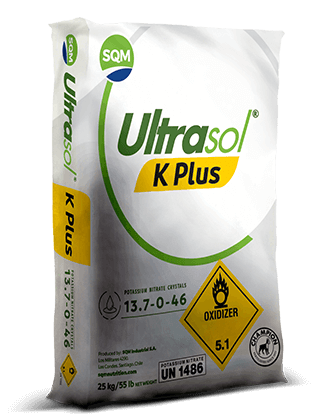Potassium nitrate outperformed potassium acetate in growth parameters of broad beans, grown under salinity stress
The objective of the study was to determine the influence of two salinity levels [50 and 100 mM sodium chloride (NaCl)], counterbalanced at equal concentrations of 50 mM and 100 mM of two potassium salts, potassium nitrate (KNO3) or potassium acetate (CH3COOK), applied in combination with the NaCl, on the development of seedlings of two cultivars of broad bean (Vicia faba L), grown in pots of perlite under controlled greenhouse conditions in Turkey.
At harvesting time, plant height, number of leaves, number of internodes, internodal length, leaf fresh weight, leaf dry weight, stem fresh weight, and stem dry weight of the seedlings were recorded and measured.
The plant growth parameters studied, were not statistically significantly affected by increasing NaCl concentrations in the nutrient solution, when fed with potassium nitrate. This was explained by the finding that potassium nitrate had less effect on Na+ accumulation in broad bean cultivars.
Contrary, the addition of potassium acetate had further pronounced negative effects on the growth parameters studied and caused significant reduction of growth in both NaCl concentrations. This reduction was related to increasing Na+ concentration in bean cultivars for the potassium acetate treatment.



